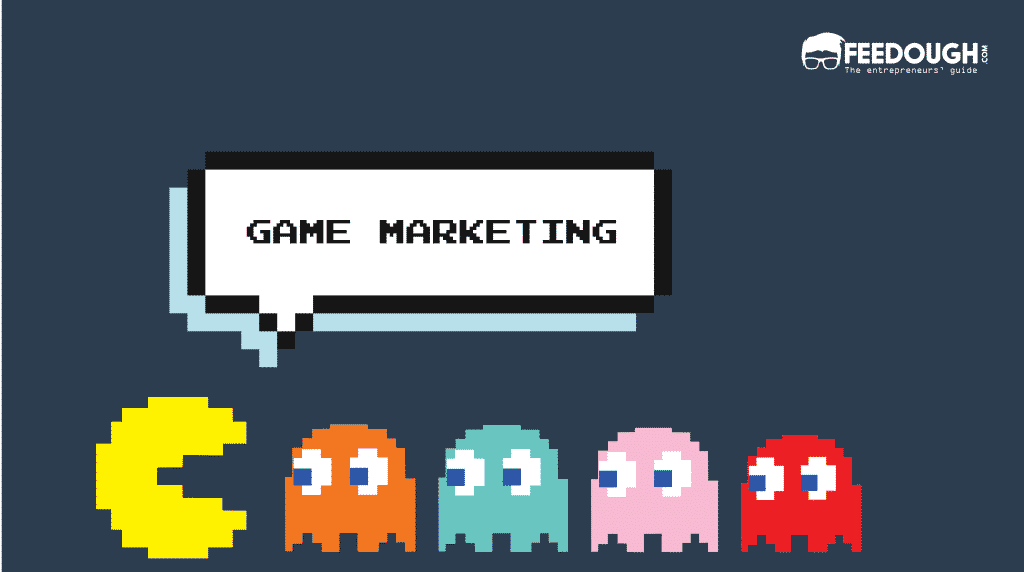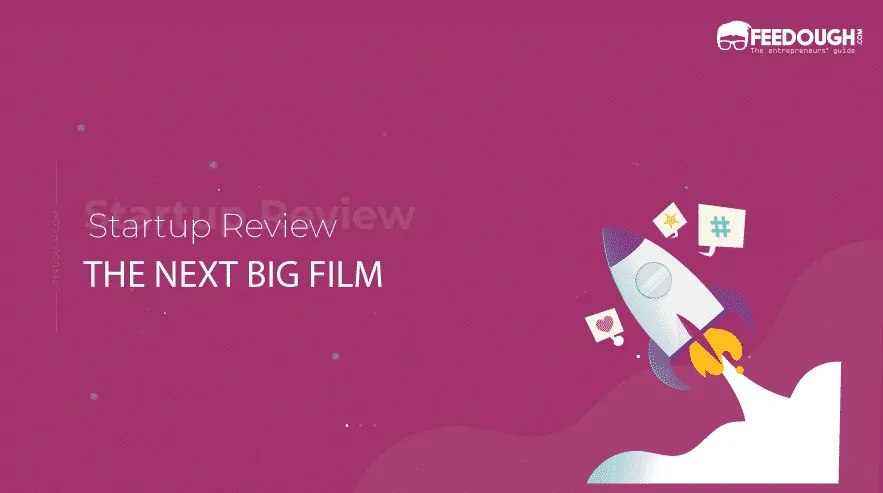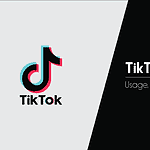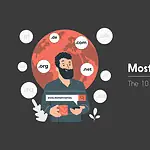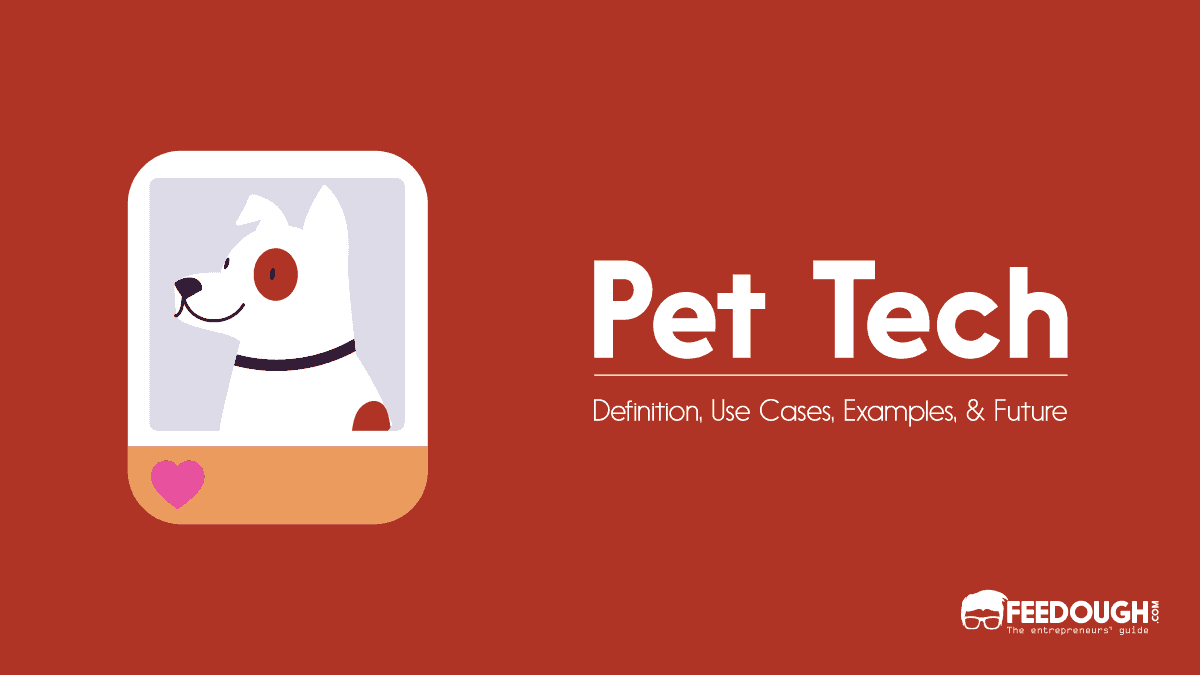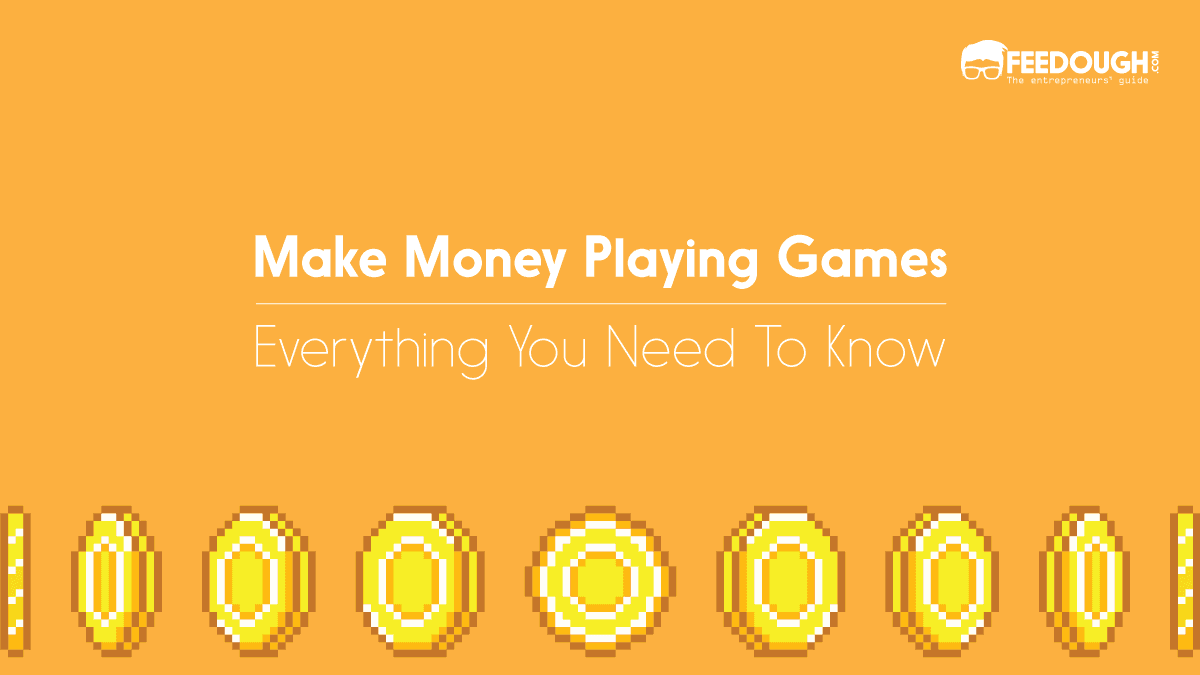One of the most important factors for an effective marketing campaign is the engagement with the consumers. The greater the duration of contact, the better. There is an entire industry which survives on its ability to hold the consumer’s attention, the Gaming Industry.
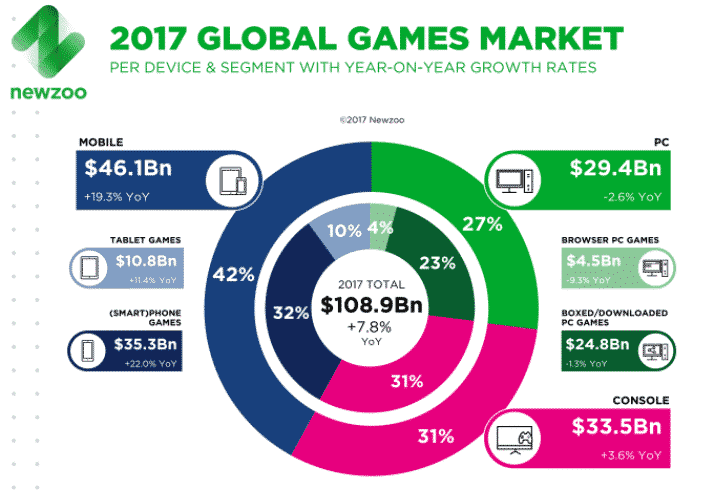
The world gaming industry is worth a whopping $108.9 Billion. An activity which was synonymous to the juvenility of minors in its initial years has gone on to capture the attention of even the executives of the working population. One of the gaming rages of recent times, Pokémon Go substantiates the magnitude of the leap that the gaming industry has taken. It earned a revenue of $268 million within a year, had 34 million downloads, had 20 million daily active users at its peak, helped Nintendo’s share price surge by 50% and earned them $17.6 Billion in market capitalization. This also shows that the level to which a game can embed itself into the routine of consumers is limitless.
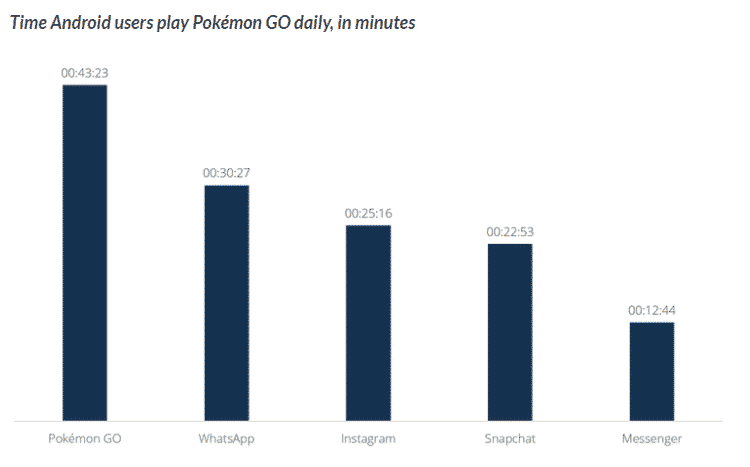
The gaming industry can roughly be divided into 3 categories,
- Console & PC based gaming
- Application Based Gaming
- Online Gaming
But the lines between these categories are constantly blurring out.
Console & PC Based gaming
Major Players: Electronic Arts, Square Enix, Nintendo, Activision, Ubisoft.
Main Driver: Investment
The console gaming industry is the oldest of the three categories. It was born out of the rise of the computer industry and has been growing along with it ever since. 8 generations of change later, experts still can’t predict where the end of the road is. But, this segment is highly investment driven. Right from the development of the game to distribution to the end consumer and post-sales services (like warranty and in-game purchases), the developer has to put in capital and run a marketing campaign to generate the hype before its release. Activision is known to have one of the best marketing campaigns for its game franchise Call of Duty. During the release of ‘Call of Duty: WWII’ in 2017, Activision placed billboards at 4 different locations around the world (New York, London, Los Angeles and Paris) with codes which can only be cracked by Call of Duty fanatics and enthusiasts. Combining those codes gives the player access to exclusive content unavailable to any other user. A similar drive was shown by Activision for the release of ‘Call of Duty: Infinite Warfare’ where it spent a total of $36 million in promotion translating to 35% of the overall marketing budget of the entire company. These campaigns have paid gilded returns with the 23 game franchise selling a total of 305.35 million copies and racking in a massive revenue of $15.9 Billion since its first game in 2003.
Another example of a golden egg laying goose of the market is the FIFA franchise developed by Electronic Arts. They, for their marketing campaign, rope in top soccer players of the world including Lionel Messi, Cristiano Ronaldo, Wayne Rooney, Ronaldinho etc. for a period of 2-3 years. They featured them on their game cover and also signed a deal with them to act as the ambassadors for the game which has been annually released since 1993.
Application Based Gaming
Major Players: Activision Blizzard, Tencent, Niantic, Supercell, Netease
Major Driver: User base
This segment is the fastest-growing among the three posting year-on-year growth of 19% and accounting for 42% of the world market worth $46.1 Billion. The ease of access and engagement with the user are the prime factors behind the gigantic growth rate. Unlike other segments, application-based gaming has to compete not only with other games but also with other apps performing various functions.
App-based gaming focuses on establishing a large user base initially rather than going straight to revenue generation. This is because the frequent engagement and proximity give the developer an adequate window to extract revenue out of a consumer. Hence the marketing campaigns of apps have shaped themselves accordingly.
Kings Digital (Acquired by Activision Blizzard), the developer for ‘Candy Crush’, charged the market to establish a humungous pool of users. This was done by offering the game for free, developing a simple interface, making it aesthetically appealing to all age groups, offering limited lives and connecting it to Facebook via requests. Once it got the users hooked, it began releasing multiple options for in-game purchases and exclusive content making the free limit of 5 lives look inadequate. This pushed the consumers to spend, earning a revenue of more than $250 million each quarter for the company.
Online/Browser based Gaming
Major Players: Zynga, GungHo, Microsoft, Electronic Arts, Giant Interactive
Major Driver: Impressions and User registrations
This is a platform which is losing its existence. The other segments have extended their presence and have started establishing themselves into its territory. The industry is worth 4.5 Billion $ but is posting a year-on-year decline rate of 9.3%. One of the most famous browser-based games of recent times is Farmville developed by Zynga. The web-based game was accessible via its site and also via Facebook. Its association with the social media giant in 2010 during its growth phase pushed the impressions to 50 million per month and registered user-base to 400 million. At one stage 20% of the new users that Facebook gained were also gained by Farmville. 15% of daily logins into Facebook included Farmville during its surfing period. The game developers were also highly active providing regular updates and incentives based on festivals, user progress, user invitations etc. Zynga eventually spread to games like Poker and Treasure Island.
Their decision of marketing their product using social media as a channel paid huge dividends as Zynga became the largest online browser-based game developer on Facebook in 2012. However, the honeymoon period ended with a continuing saturation of the industry and movement to app-based gaming on mobiles and tablets post 2014.
Future trends in the gaming industry are unknown and unimaginable. An industry which latches on to any major technological development is also highly unpredictable. But this unpredictability also brings with it a mine of untapped potential. To unearth their share, firms have to think twice before choosing marketing strategies because they are what would ultimately convince the user to generate revenue for them.
Go On, Tell Us What You Think!
Did we miss something? Come on! Tell us what you think of this article on Game Marketing For Beginners in the comment section.
An IIM Indore graduate, Abhishek is an entrepreneur and has been involved with startups and entrepreneurship for the past 2 years.
